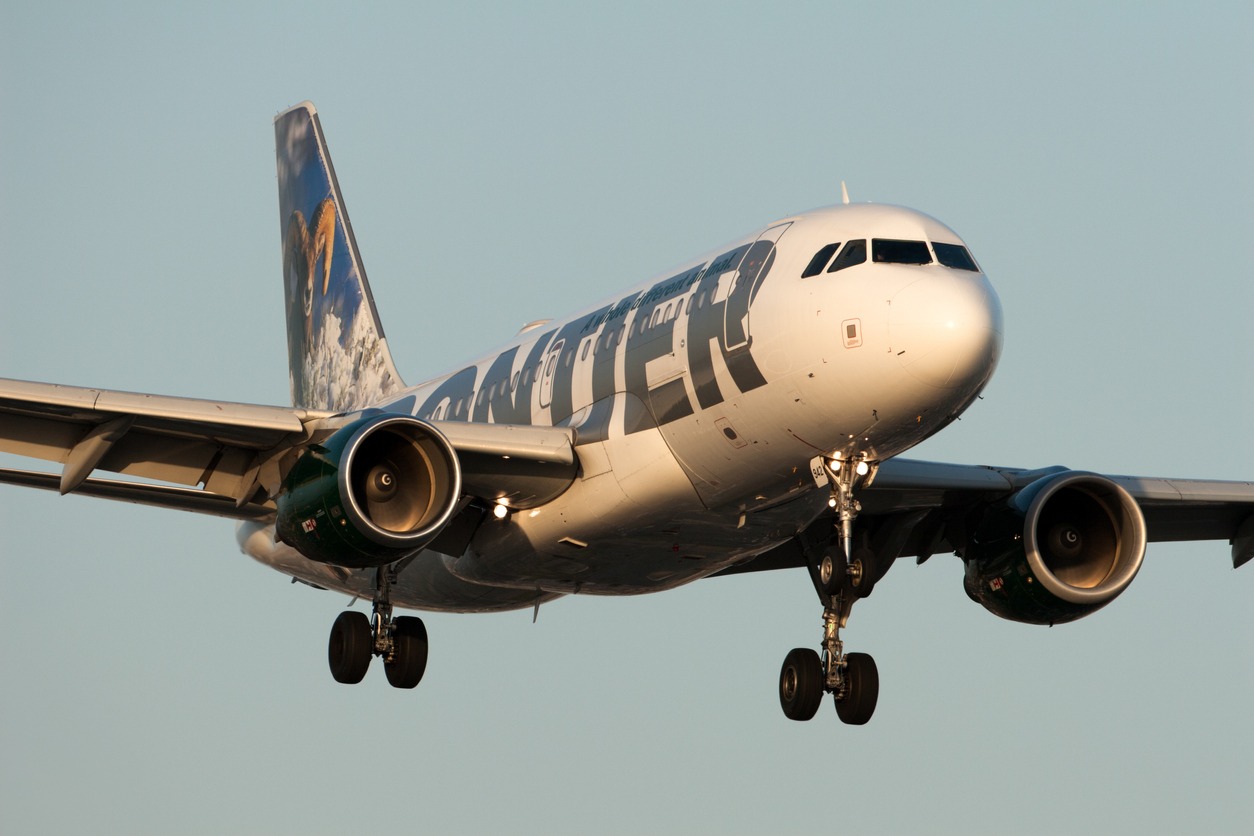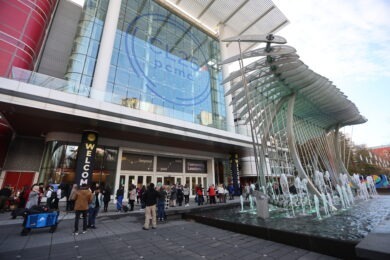This week, Frontier and Spirit Airlines announced a proposed merger, which would make the new airline the fifth largest in the United States.
The merger is valued at $6.6 billion. On a call announcing the deal on Monday, Spirit’s CEO Ted Christie touted both airlines’ “commitment to affordable travel.”
John DiScala, travel influencer and owner of JohnnyJet.com, told Smart Meetings, “Whenever there is a merger, it’s almost never good for consumers. Less competition means higher fares. However, since Frontier has a strong West Coast presence and Spirit has one on the East Coast, there could be some positive.”
The merger is yet to be approved by federal regulators, a process which will most likely result in a green light, but may take time.
Read More: This Week in Travel: Denver Ditches Mask Mandates
The two airlines have overlap on 520 of their over 2,800 routes. Frontier will have controlling interest in the deal.
In its own release on the merger, Frontier claimed that the merger would be good for consumers, stating that it would deliver $1 billion in annual consumer savings, increase access to low fares by adding new routes to underserved communities in the U.S., Latin America and the Caribbean, and deliver more reliable service through “operational efficiencies.”
The airline also claimed that it would “expand frequent flyer and membership offerings,” through the merger, but granular details were not included.
Our Take: Flyers will have to see whether one less airline to choose from will result in the boons touted by the airlines above or result in higher fares with consumers seeking new options on other existing carriers or on yet-to-debut new low-fare carriers. And there is a place for such an airline.
Airlines like Delta are increasingly skewing to higher fare travel as their mainstays, while JetBlue continues to struggle to regain its former crown as a consumer favorite after delays, on-board passenger unruliness and other issues had passengers rethinking long-held loyalties.
Masks Continue to Fall: New York State, Rhode Island Drop Mandates
New York State’s Governor, Kathy Hochul (D), said this Wednesday that she would not extend the state’s indoor mask mandate.
This means that “At this time, we say it is the right decision to lift this mandate for indoor business, and let counties, cities and businesses to make their own decisions on what they want to do with respect to masks or the vaccination requirement,” Hochul said in a press conference.
Rhode Island Gov. Dan McKee (D) announced on the same day that their statewide mask mandate for businesses and venues would end on Feb. 11.
Read More: Newport, Rhode Island: Small Meets on the East Coast
In New York City, restaurants, gyms and theaters will still be allowed to ask customers to wear masks and/or show vaccination status.
While masks continue to drop, Centers for Disease Control and Prevention Director Dr. Rochelle Walensky told Reuters, “We have and continue to recommend masking in areas of high and substantial transmission—that is essentially everywhere in the country in public indoor settings.”
She told the news service that Covid-19 would become endemic when infections held to a steady state and when the virus was no longer disruptive to society.
Australia Opens
Australian Prime Minister Scott Morrison said in a news conference that the country would reopen to fully vaccinated travelers beginning Feb. 21. Morrison stressed that travelers must be double vaccinated to be allowed into the country. Quarantine requirements and capacity limits on total arrivals will continue.
New Zealand announced last week that it would gradually begin lifting restrictions on travel with July as a target date for U.S. travelers to enter the country after which they will be required to self-isolate.




